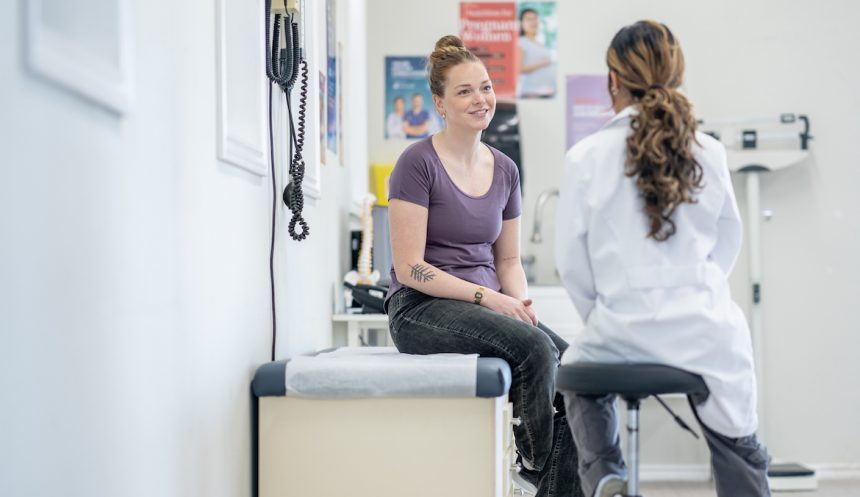Instead of the traditional Pap smear procedure, self-collection HPV tests will soon be an option for patients. Biotechnology companies like Roche and BD are introducing HPV testing kits that allow patients to collect their own vaginal samples for cervical cancer screening, without the need for a doctor.
These testing kits have the potential to change the way routine gynecological exams are conducted. Historically, HPV has been tested through Pap smears, but the introduction of self-collection kits is revolutionizing the process.
Back up: How has HPV historically been tested for?
HPV, or human papillomavirus, is a common viral infection spread through sexual contact. Infections can sometimes lead to cervical cancer if left untreated. Traditionally, individuals with cervixes undergo routine Pap smears to screen for cervical cancer. However, the self-collection kits offer a more comfortable and convenient alternative.
The self-swab technology simplifies the screening process by enabling patients to collect their vaginal samples at the doctor’s office. This innovative approach aims to make cervical cancer screening more accessible and less intimidating for individuals.
Okay, so how does this self-swab technology work?
Patients receive a kit with instructions, a swab, and a screening test to collect their own vaginal samples for HPV testing. This method eliminates the need for a traditional Pap smear procedure, making the process less invasive and more convenient for patients. The at-home version of the self-collection kit is also in development, providing an additional option for cervical cancer screening.
To prevent cervical cancer, it’s essential to get vaccinated against HPV, practice safe sex, and undergo regular screenings. The introduction of self-collection HPV tests is a significant step towards improving cervical cancer screening and early detection.






